Beijing urges Washington to quit ‘misguided, dangerous policy’ as US diplomat visits
Beijing has urged Washington to put aside its “misguided mindset and dangerous policy” of viewing China as an “imaginary enemy,” which has led to a stalemate in relations between the world's two largest economies.
In a high-level meeting on Monday, China's Deputy Foreign Minister Xie Feng warned visiting US Deputy Secretary of State Wendy Sherman about the “serious consequences” of the adversarial approach by the United States.
“The US side talks about China at every turn, and it seems as if it is unable to speak or do anything if it does not involve China,” Xie pointed out.
“The foundational reason is that some people in the US are treating China as an ‘imagined enemy,’” Xie was quoted as saying in a readout issued by China's Foreign Ministry.
Sherman's visit to the northern city of Tianjin is the first major meeting between senior US and Chinese officials since discussions in Anchorage between the countries' top diplomats collapsed in March. Bilateral relations have continued to deteriorate since then.
US officials said that Sherman’s visit to China, which follows her trip last week to Japan, South Korea and Mongolia, aimed to pave the way for setting up “guardrails and parameters” to prevent the “strategic competition” between the powers from veering into conflict.
Xie said Americans’ adversarial rhetoric and attempts to suppress China had led to a stalemate between the two countries.
The US government's “all-encompassing containment of China” to restrict the country’s growth and development aims to sustain the continuity of US hegemony, Xie said.
For quite some time, when talking about conflict with China and challenges facing the United States, the "Pearl Harbor moment" and the "Sputnik moment" have been brought up by some Americans, he said.
"The hope may be that by demonizing China, the US could somehow... blame China for its own structural problems," Xie said, adding that China was willing to engage with the US on an equal footing and to “seek common ground while reserving differences.”
The Chinese diplomat further called on the Americans to choose the path of “mutual respect, fair competition, and peaceful co-existence.”
In a build-up to Sherman's visit, Foreign Minister Wang Yi slammed Americans for their arrogance, thinking of themselves as "superior" over others.
“The United States always wants to exert pressure on other countries by virtue of its own strength, thinking that it is superior to others,” Wang said on Saturday, adding, "China will not accept any country claiming to be superior to others."
He said the US needed to be taught a good lesson on how to treat others respectfully.
“If the United States has not learned how to get along with other countries on an equal footing by now, then it is our responsibility ... to give the US a good tutorial in this regard,” he said.
After Joe Biden became president in January, Beijing hoped to improve China-US relations, which had deteriorated dramatically under former president Donald Trump.
During his tenure, Trump launched a trade war with China while piling pressure on Beijing over a range of issues including Honk Kong, Taiwan, human rights, freedom of navigation, the coronavirus pandemic, among other disputed matters between the two countries.
The Biden administration has largely continued to pursue Trump’s policies and there has been no improvement in China-US ties so far.
Iran’s FM to Trump: ‘Think differently’ after exhausting ‘every conceivable hostile act’
Trump says Iron Dome is US technology, not Israel’s
Israeli airstrikes kill two in Lebanon despite ceasefire
Iran riots: Why Trump’s ‘rescue’ rhetoric backfired, uniting Iranians against external meddling
VIDEO | India faces choice in US-sponsored 'Gaza Peace Board'
VIDEO | Trump’s Greenland push sparks EU outrage and transatlantic strain
Israeli military chief warns Netanyahu, Katz of manpower crisis undermining military readiness
Iran Judiciary chief: Enemy turned to rumors after defeat in riots


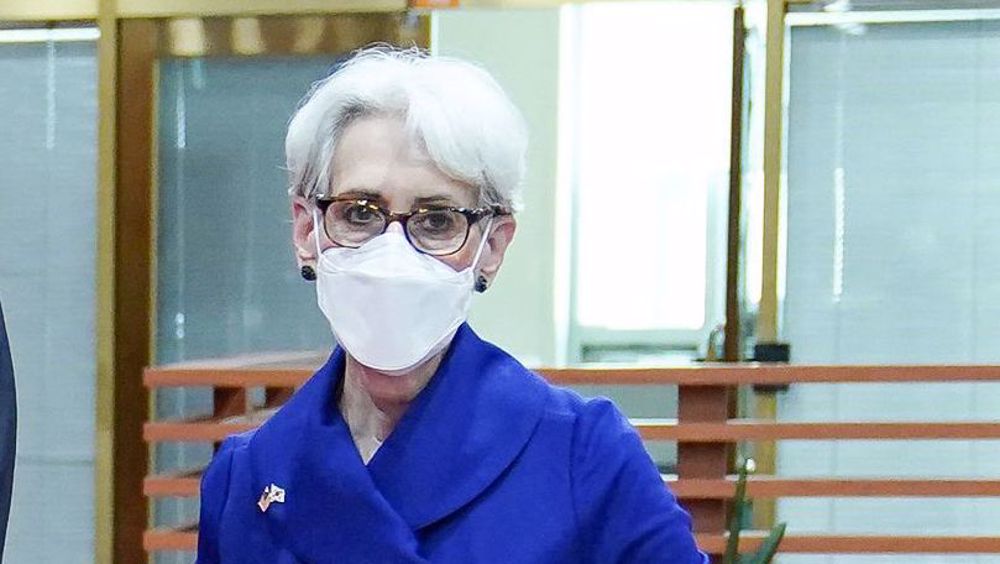
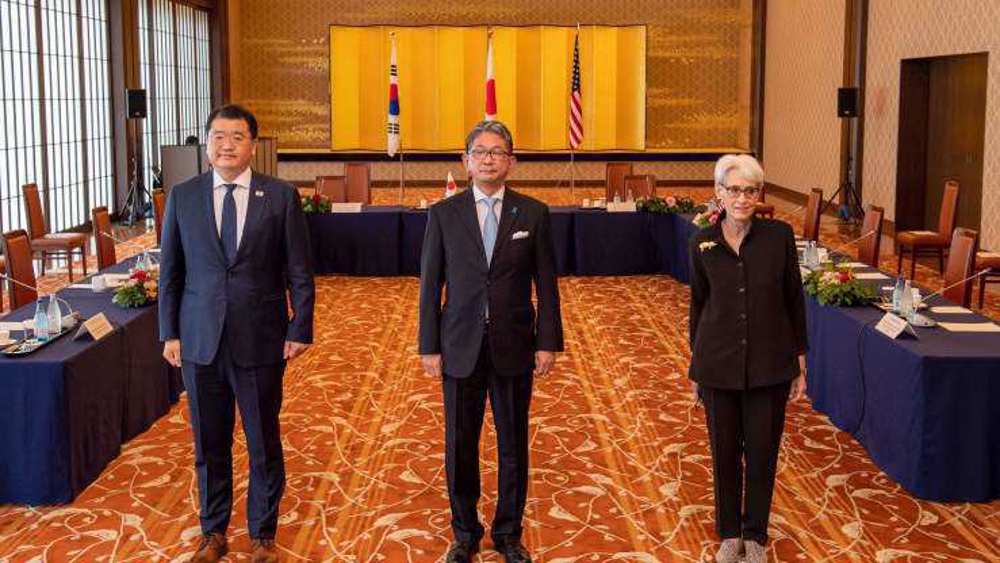
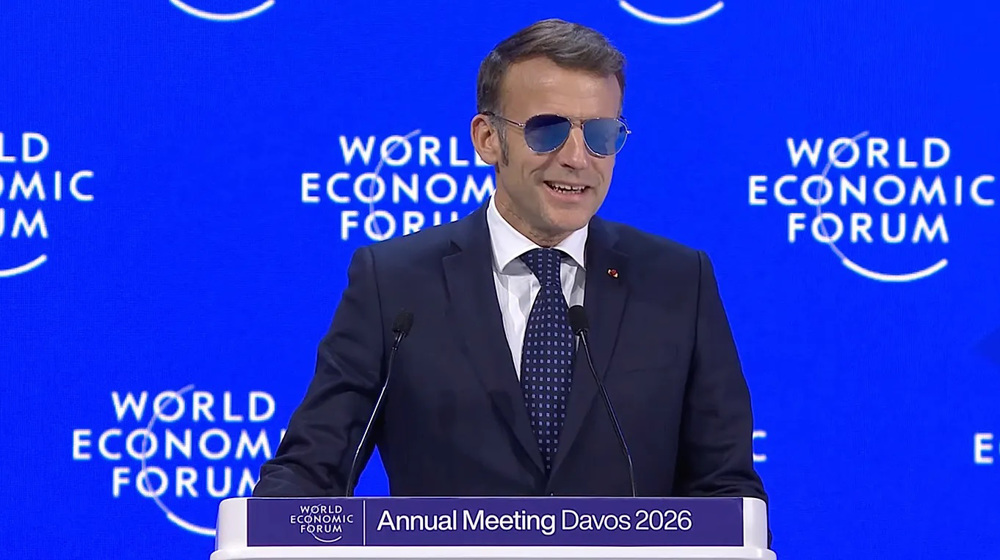
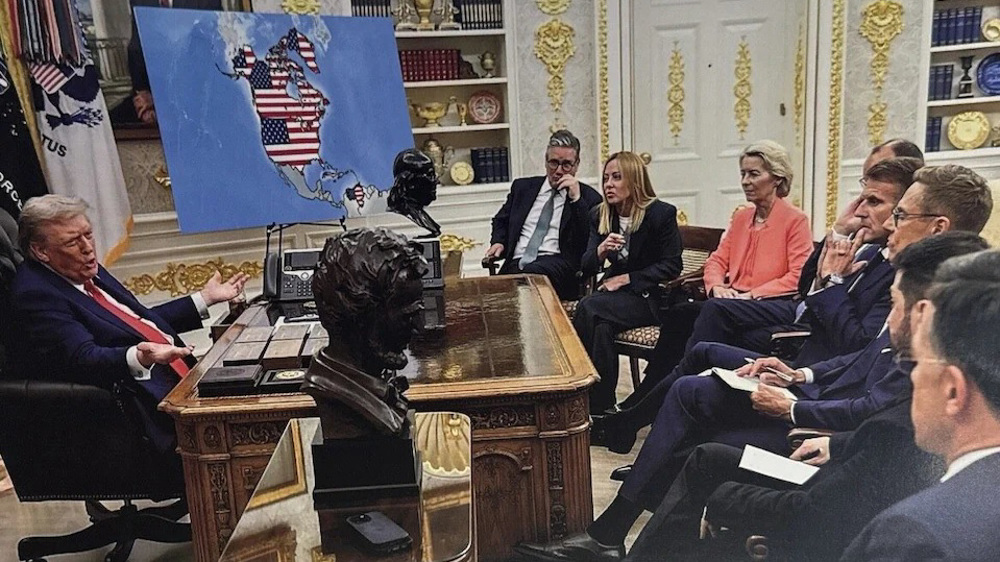
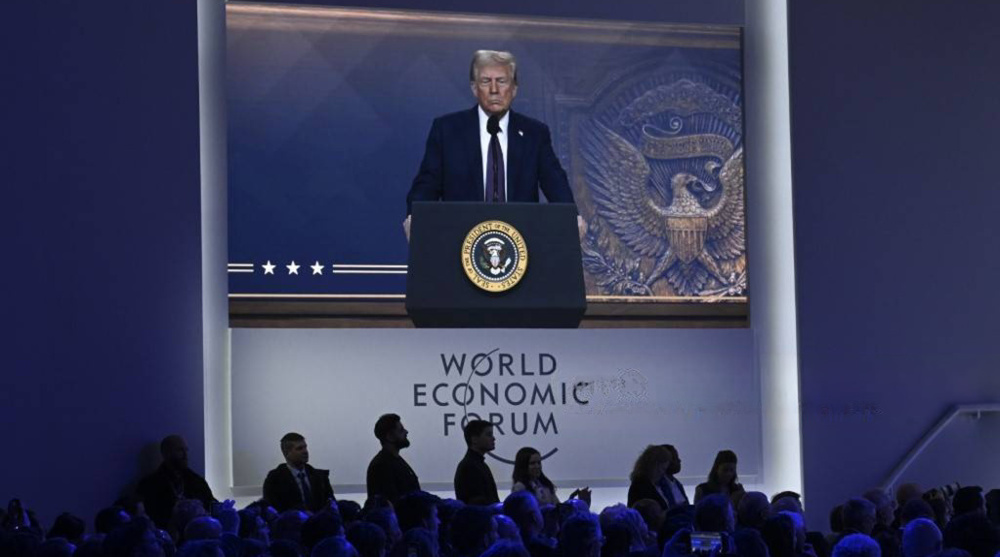





 This makes it easy to access the Press TV website
This makes it easy to access the Press TV website